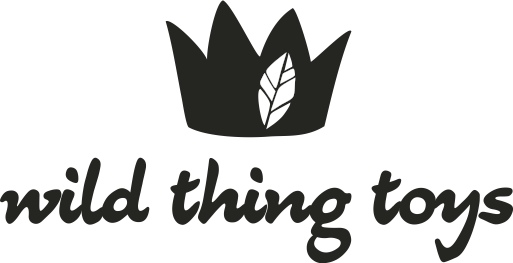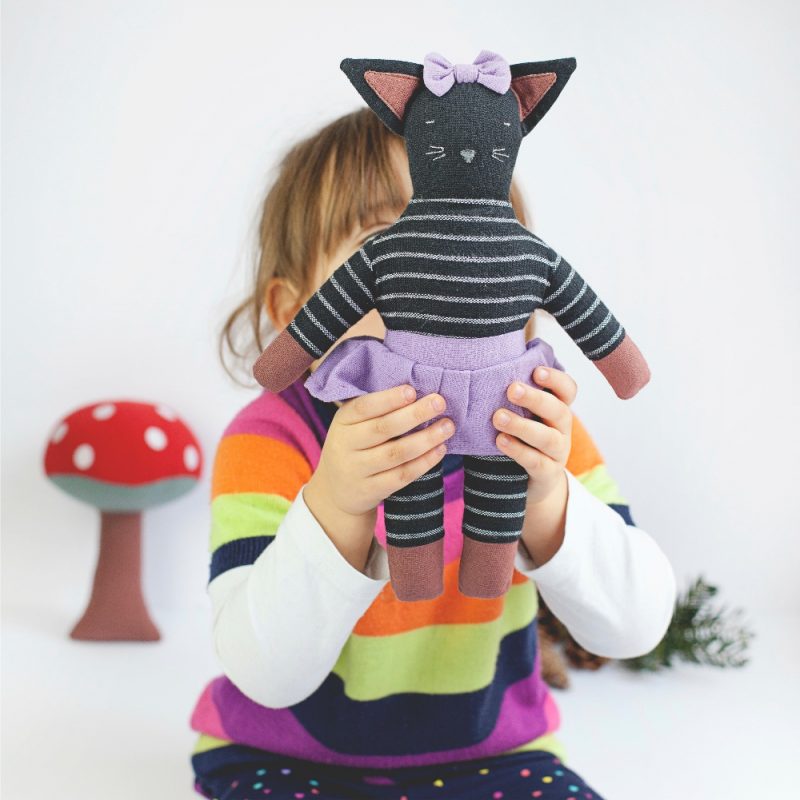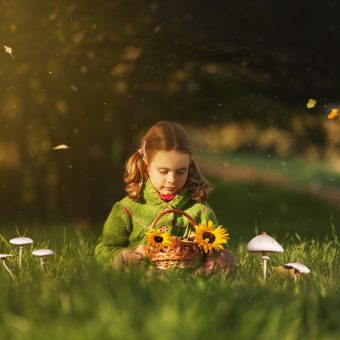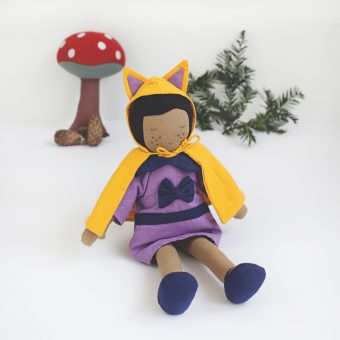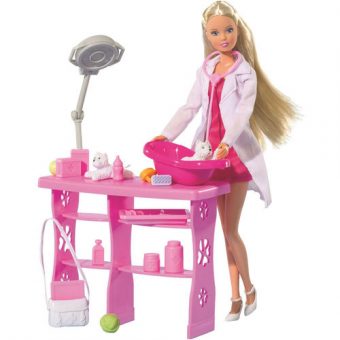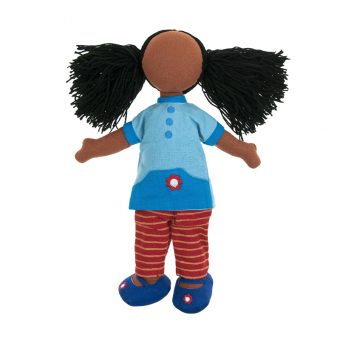Yes it does seem strange for a toy manufacturer to say ‘buy less toys.’ However here at Wild Thing Toys we truly believe less is more when it comes to toys. A few good quality heirloom toys made from natural materials are worth far more than an entire room of plastic themed dolls or toys that need a switch to move or talk or flash. With pre-determined toy, especially true of merchandised toys, everything in that toy is intentionally planned out so your child does not need to use their imaginative skills at all. The fantasy and discovery of play is restricted.
Two German researchers, Elke Schubert and Rainer Strick in the 1990s conducted an experiment where toys were taken away from Munich nursery for three months. After short period, researchers say children re-adjusted and their play became more social and creative. You can read their findings here.
Of course, we are not advocating a toy free world for your children. Toys are an important part of your child’s life, they teach your child about the world around them and about themselves, but limiting the amount of toys you give to a child will have greater benefits.
Boost creativity
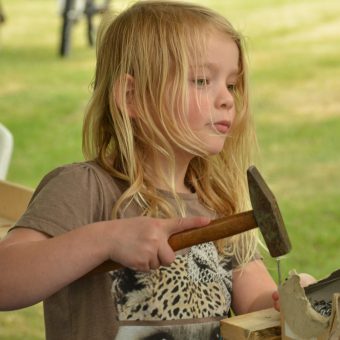 Less toys leave room for a child’s participation and creative imagination with the toys they do have. Simple open ended toys are the toys children comeback to again and again. These toys are appealing and long lasting because of their ability to fuel the imagination. Research shows children who are encouraged in imaginative play prove to be more creative in later years, have better vocabulary, have less aggressive tendencies and are more confident with other children.
Less toys leave room for a child’s participation and creative imagination with the toys they do have. Simple open ended toys are the toys children comeback to again and again. These toys are appealing and long lasting because of their ability to fuel the imagination. Research shows children who are encouraged in imaginative play prove to be more creative in later years, have better vocabulary, have less aggressive tendencies and are more confident with other children.
Longer attention span
Being bombarded with too many toys, a child will go from this toy to that toy, for temporary amusement and distraction without feeling inspired. A study by Claire Lerner, a childhood development researcher funded by the US government to run pre-school educational programmes across America reported that children under the age of five that have too many toys, cannot concentrate on one thing long enough to actually absorb from it, instead they feel duty bound to rummage everything without ever fully immersing themselves in any one activity or ever learning from it. “Our studies show that giving children too many toys or toys of the wrong types can actually be doing them harm. They get overwhelmed and cannot concentrate on any one thing long enough to learn from it,” said Lerner.
Toy is appreciated
A toy given only on certain occasions only or not very often, will hold more value to the child and the child will have an emotional investment to it knowing that he/she had to look forward to this toy and it is something special. The child takes care to look after it and appreciate it more, as they know that there is no replacement at hand.
Better social kills
Children with fewer toys to play with learn better at how to improve their personal relationships and social skills with other children and adults. They spend more time in natural play as well as outdoor play. Endless toys which require staring at a screen and pushing buttons will only have a passive negative effect on building the social skills they require.
Interest in other activities
Less toys can mean more time to play out doors, read books and paint and draw. Good old fashioned childhood activities such as kicking a ball about with friends, playing with marbles, inviting friends to play with dolls, making dolls clothes, making paper planes, and reading a book in a cosy corner are all unstructured play activities that nurture their creativity, intellect and social skills.
